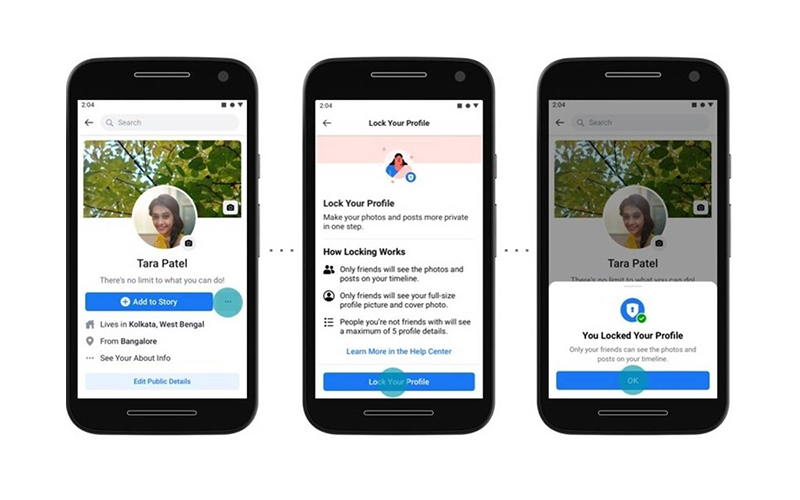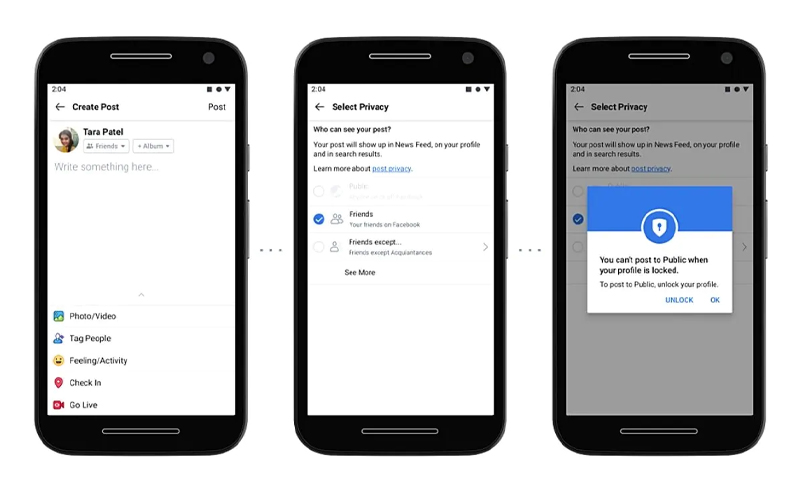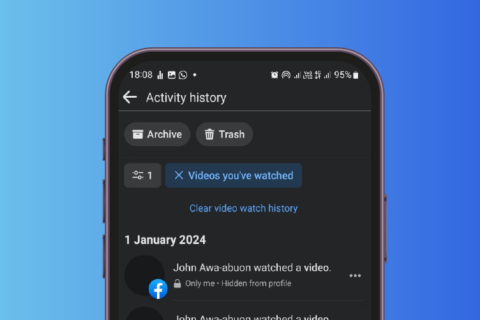Finally Facebook launched a new feature in India to lock Facebook profile for the users. With this feature only friends can view your photos and posts. “The ability to lock your profile is a feature designed for people in India, especially women, who want more control over their Facebook experience,” preventing strangers who are not friends with them from seeing any photos and posts shared on the Facebook wall, or expanding the profile picture.
So, First things first!
How to lock your Facebook profile:
- Tap More under your name
- Tap lock your Profile
- Tap lock you profile again to confirm

Facebook profile Lock
So, what Facebook profile lock will do? With Facebook profile lock “stalkers” will not be able to zoom into, share or download your full-size profile picture and cover picture, other than that they will not able to see photos and posts on your timeline (both historic and new) either. Facebook will also add a badge indicating that your profile is locked.
Once this feature is activated the user will not able to post publicly. The app shows you pop-up reminding that your profile is locked. If the user wants to post publicly is possible only once the profile is unlocked again. Users can still be tagged on other people’s posts, but these will not appear on the timeline of the user until they allow it.
Facebook said in a statement on Thursday that. We are basically expanding the feature-set of our existing profile picture guard with the new announcement, to give users the complete control over them to choose from what they want to share from their profile.

Ankhi Das, Public Policy Director, Facebook -India, South & Central Asia, said Facebook has a “multi-pronged approach in terms of looking at having the right policies and enforcing them”. She said the social network has worked to ensure there is enough community education in terms of the tools that help users, secure their privacy, and protect themselves. She said Facebook’s partnerships with the civil society organizations work as an excellent input factor in terms of research at the product and programmatic levels. Das underlined how photos safety was an important factor when it comes to online access for women, especially in South Asia where women are 51% less likely to use mobile internet.




